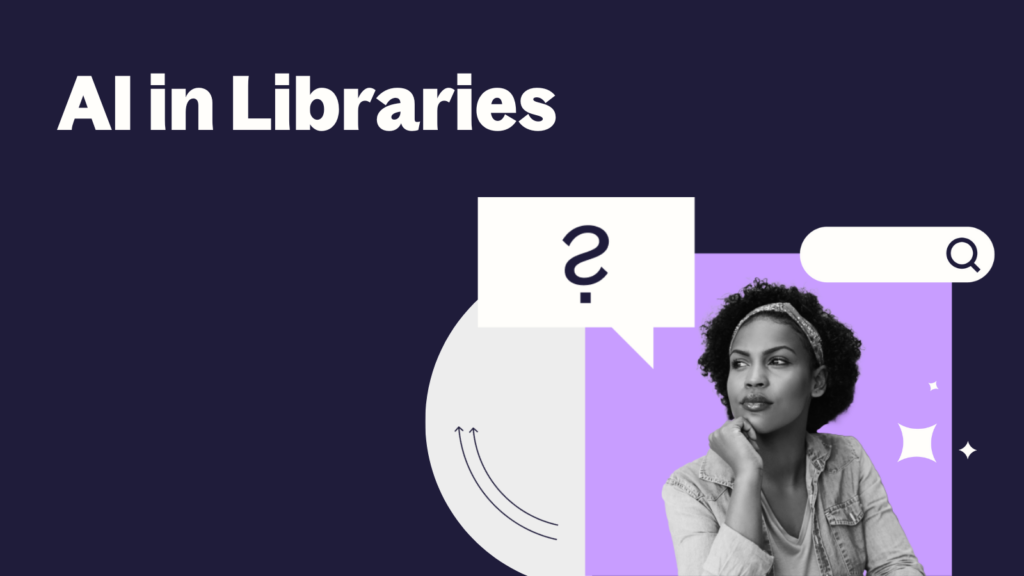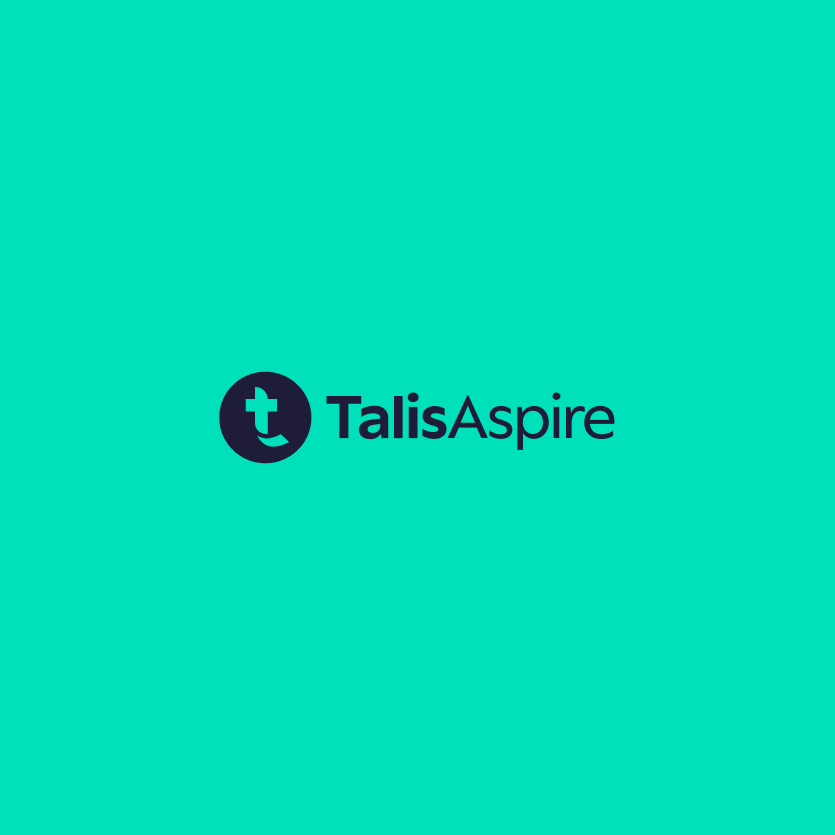Alethea by Clarivate: Supporting Students Beyond the Classroom
Clarivate’s Alethea is a noteworthy example of how artificial intelligence (AI) can be harnessed to enhance the student experience beyond traditional academic settings. Alethea offers various features aimed at improving student support and engagement through data-driven insights.
One of the primary ways Alethea supports students outside the classroom is through its predictive analytics capabilities. By analysing historical data and current trends, Alethea helps institutions forecast student needs and challenges before they arise. For instance, the tool can predict patterns in student retention, identify at-risk students, and highlight areas where additional support may be needed. This proactive approach allows institutions to implement targeted interventions that can enhance student retention and success.
Alethea’s data analytics also extend to understanding student engagement and well-being. The tool analyses data related to student activities, participation in extracurriculars, and overall engagement. By examining this data, Alethea helps institutions identify students who may benefit from additional support or opportunities to get involved. This can lead to more personalized recommendations for extracurricular activities, support services, or academic resources, fostering a more engaging and supportive campus environment.
Some key features of the AI research coaching tool are:
Chat-Based Interaction – Alethea offers a chat-based support system where students receive guidance rather than direct answers. This approach encourages students to engage more deeply with their readings and think critically as they work through their assignments.
Blending state-of-the-art AI with solid academic principles – The tool fosters critical, systematic, and reflective thinking, providing support within an environment designed to encourage student growth and self-reliance.
Enhancing students’ interaction with course materials – Promoting class discussions and ensures students are well-prepared and actively engaged in their learning.
Another significant benefit of Alethea is its role in enhancing research opportunities for students. By analysing collaboration patterns and research interests, Alethea can identify potential research opportunities and connections that students might not otherwise discover. This can encourage students to engage in research projects, internships, and collaborative efforts, enriching their academic experience and professional development.
Zayed University Library in Dubai Creates a Conversational AI Agent Named Aisha to Supplement their Services
Zayed University Library in Dubai has recently developed Aisha, their new conversational AI agent. Initially launched as an experiment, Aisha has evolved into a powerful tool, showcasing how AI can enhance library services.
Using OpenAI’s ChatGPT API, Aisha offers 24/7 support, multilingual capabilities, and even voice interactions. Integrated into the library’s website, Aisha provides accurate, real-time assistance and interacts with users in innovative ways, including image analysis and access to external tools.
Despite challenges such as AI “hallucinations” and API limitations, Aisha has significantly improved library services.
Alethea by Clarivate: Supporting Students Beyond the Classroom
Clarivate’s Alethea is a noteworthy example of how artificial intelligence (AI) can be harnessed to enhance the student experience beyond traditional academic settings. Alethea offers various features aimed at improving student support and engagement through data-driven insights.
One of the primary ways Alethea supports students outside the classroom is through its predictive analytics capabilities. By analysing historical data and current trends, Alethea helps institutions forecast student needs and challenges before they arise. For instance, the tool can predict patterns in student retention, identify at-risk students, and highlight areas where additional support may be needed. This proactive approach allows institutions to implement targeted interventions that can enhance student retention and success.
Alethea’s data analytics also extend to understanding student engagement and well-being. The tool analyses data related to student activities, participation in extracurriculars, and overall engagement. By examining this data, Alethea helps institutions identify students who may benefit from additional support or opportunities to get involved. This can lead to more personalized recommendations for extracurricular activities, support services, or academic resources, fostering a more engaging and supportive campus environment.
Some key features of the AI research coaching tool are:
Chat-Based Interaction – Alethea offers a chat-based support system where students receive guidance rather than direct answers. This approach encourages students to engage more deeply with their readings and think critically as they work through their assignments.
Blending state-of-the-art AI with solid academic principles – The tool fosters critical, systematic, and reflective thinking, providing support within an environment designed to encourage student growth and self-reliance.
Enhancing students’ interaction with course materials – Promoting class discussions and ensures students are well-prepared and actively engaged in their learning.
Another significant benefit of Alethea is its role in enhancing research opportunities for students. By analysing collaboration patterns and research interests, Alethea can identify potential research opportunities and connections that students might not otherwise discover. This can encourage students to engage in research projects, internships, and collaborative efforts, enriching their academic experience and professional development.
AI tools have integrated themselves into our cultural awareness and daily lives, prompting librarians to question how they can incorporate AI into their librarianship and encourage students and researchers to use tools ethically.
At Technology from Sage we believe that the right technology can remove barriers to knowledge. We’ve launched an AI in Libraries feature to round-up the latest AI developments for academic librarians.
Read on for September’s edition, collated by Rajeh Shaikh, Product Manager at Sage.
Recent AI Initiatives in University Libraries and New Research Assistant Tools
AI Reskilling in Libraries: Embracing the Future with Generative AI
Libraries are embracing the future with AI, and the University of New Mexico’s College of University Libraries and Learning Sciences is at the forefront with its GPT-4 Exploration Program. This initiative, driven by Dean Leo S. Lo and Victoria Anderson, aims to reskill library staff, integrating AI into their daily operations to boost productivity. The program provides hands-on experience with GPT-4, starting with basic AI understanding and advancing to practical applications like drafting emails and generating reports.
Anderson’s experience highlights significant productivity gains, showcasing the potential of AI in administrative tasks. Importantly, the program also emphasizes the responsible use of AI, ensuring staff are aware of ethical considerations and data privacy. This initiative not only enhances individual efficiency but also sets a precedent for libraries worldwide, illustrating the necessity of reskilling programs in preparing staff for a future where AI is integral to library functions.
Libraries, long seen as repositories of knowledge, are now pioneering the adoption of new technologies. The GPT-4 Exploration Program is a prime example of how libraries can lead the AI revolution, equipping staff to navigate and thrive in this new technological landscape. This effort not only modernizes library operations but also ensures that the human element—enhanced by AI—remains at the core of library services, driving forward innovation and efficiency in managing information and supporting research.
Zayed University Library in Dubai Creates a Conversational AI Agent Named Aisha to Supplement their Services
Zayed University Library in Dubai has recently developed Aisha, their new conversational AI agent. Initially launched as an experiment, Aisha has evolved into a powerful tool, showcasing how AI can enhance library services.
Using OpenAI’s ChatGPT API, Aisha offers 24/7 support, multilingual capabilities, and even voice interactions. Integrated into the library’s website, Aisha provides accurate, real-time assistance and interacts with users in innovative ways, including image analysis and access to external tools.
Despite challenges such as AI “hallucinations” and API limitations, Aisha has significantly improved library services.
Alethea by Clarivate: Supporting Students Beyond the Classroom
Clarivate’s Alethea is a noteworthy example of how artificial intelligence (AI) can be harnessed to enhance the student experience beyond traditional academic settings. Alethea offers various features aimed at improving student support and engagement through data-driven insights.
One of the primary ways Alethea supports students outside the classroom is through its predictive analytics capabilities. By analysing historical data and current trends, Alethea helps institutions forecast student needs and challenges before they arise. For instance, the tool can predict patterns in student retention, identify at-risk students, and highlight areas where additional support may be needed. This proactive approach allows institutions to implement targeted interventions that can enhance student retention and success.
Alethea’s data analytics also extend to understanding student engagement and well-being. The tool analyses data related to student activities, participation in extracurriculars, and overall engagement. By examining this data, Alethea helps institutions identify students who may benefit from additional support or opportunities to get involved. This can lead to more personalized recommendations for extracurricular activities, support services, or academic resources, fostering a more engaging and supportive campus environment.
Some key features of the AI research coaching tool are:
Chat-Based Interaction – Alethea offers a chat-based support system where students receive guidance rather than direct answers. This approach encourages students to engage more deeply with their readings and think critically as they work through their assignments.
Blending state-of-the-art AI with solid academic principles – The tool fosters critical, systematic, and reflective thinking, providing support within an environment designed to encourage student growth and self-reliance.
Enhancing students’ interaction with course materials – Promoting class discussions and ensures students are well-prepared and actively engaged in their learning.
Another significant benefit of Alethea is its role in enhancing research opportunities for students. By analysing collaboration patterns and research interests, Alethea can identify potential research opportunities and connections that students might not otherwise discover. This can encourage students to engage in research projects, internships, and collaborative efforts, enriching their academic experience and professional development.




